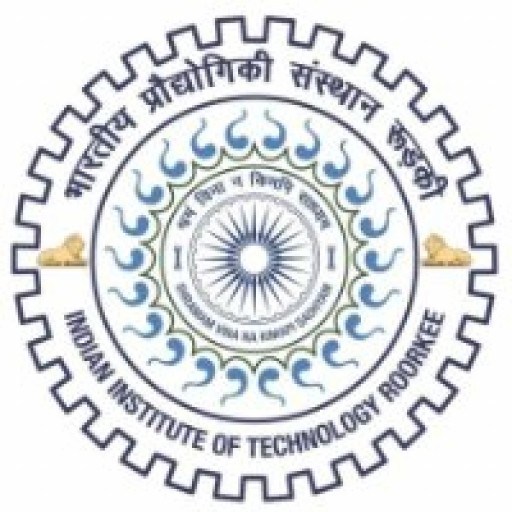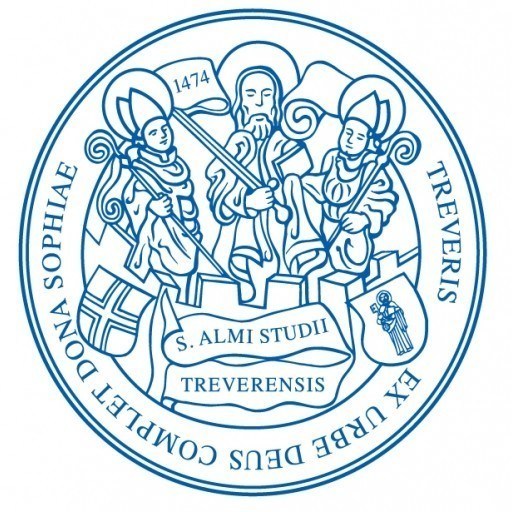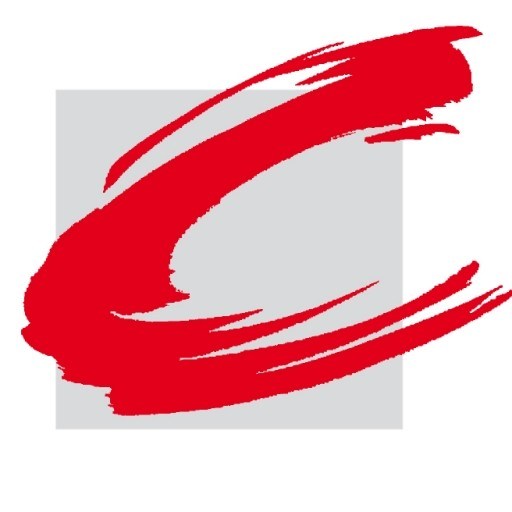Photos of university
Surveying Measurements and Adjustments is a comprehensive postgraduate programme offered by the Indian Institute of Technology, designed to equip students with an in-depth understanding of advanced surveying techniques, measurement methods, data analysis, and adjustment procedures. This programme combines theoretical foundations with practical applications to prepare graduates for challenging roles in civil engineering, geospatial technology, and infrastructure development sectors. Students will explore modern surveying instruments,GPS technology, remote sensing, geodesy, and photogrammetry, enabling them to perform precise measurements across various terrains and environments. The curriculum emphasizes the importance of accuracy, reliability, and efficiency in surveying tasks, while also addressing issues related to error analysis, statistical adjustment methods, and computation techniques essential for producing reliable spatial data. Coursework includes extensive training on the use of total stations, digital levels, laser scanning, and GIS tools, ensuring students are proficient with industry-standard equipment and software. Additionally, the programme aims to develop analytical skills through project work, case studies, and research projects, fostering innovative solutions for real-world problems. Graduates of this programme will be well-prepared for careers in mapping, land surveying, construction, urban planning, and environmental monitoring, contributing significantly to national development projects. The department's experienced faculty, state-of-the-art laboratories, and industry collaborations provide a conducive environment for research and professional growth. Overall, this programme offers a rigorous academic pathway for those aspiring to excel in the specialized field of surveying measurements and adjustments, ensuring they are capable of supporting sustainable development and technological advancement in their future professional pursuits.
Contents:
- Principles of surveying, Various maps and their scales, Symbols and colours, Generalisation of information;
- Surveying measuring equipments & techniques - Distance, Height, Angles and Directions. Compass Surveying: Bearings and Azimuths;
- Levelling: Balancing of sights, Differential leveling, profile and cross-section leveling, reducing the levels- Height of Instrument and Rise & Fall method. Contouring;
- Trigonometrical Leveling and Tacheometric surveying;
- Methods of control establishment: Traversing, Traverse computations and adjustments. Triangulation and Trilateration;
- Plane Table Surveys;
- Modern surveying equipments- Total Station;
- Concept of observation and model, The mathematical model and errors, Random and systematic errors, Purpose of adjustments;
- Least squares adjustment techniques, Adjustment by linear and non-linear functions in the model, Adjustment by observation equation (variation of parameters) and condition equation methods.
Students admitted to the graduate programs of study at IIT Roorkee go through a process of selection prior to their admissions. The process of selection is administered at the national (All India) level or at the Institute depending on the program of study. For detailed information of the Institute and different programs, download the information brochure given below.
GATE (Graduate Aptitude Test in Engineering), The Graduate Aptitude Test in Engineering is an All - India Examination conducted by the seven IITs and IISc Bangalore, on behalf of the National Coordinating Board - GATE, Department of Education, Ministry of Human Resources Development (MHRD), Government of India.
JAM (Joint Admission Test to M.Sc) for admission to M.Sc programmes at the IITs. From year 2005 admissions to MCA programme at IIT Roorkee are also made through JAM which were previously through AIMCET.
This Institute offer courses leading to two-year Master of Science degrees in a number of disciplines. In addition, post-graduate programmes leading to M.Tech., M.Sc. and Ph.D. degrees are also offered.
The Institute offers merit-cum-means scholarship to 25% of undergraduate students. Several other scholarships are announced from time to time. Bank loans are also easily available whenever required. Financial help is provided as Institute free studentship and scholarships to undergraduate students belonging to the scheduled castes and scheduled tribes.
Students admitted to the 2-year M.Sc. degree in sciences are also awarded merit-cum-means scholarships. A number of scholarships, teaching / research assistantship schemes provide financial support to students of M.Tech. and Ph.D. programmes. Sponsored (full-time as well as part-time), self-financing foreign students and M.B.A. students are , however, not eligible for benefits of this scheme. Students are encouraged to earn while they learn.
Prizes and certificates are given to students on the basis of their performance in curricular, co-curricular and extra curricular activities.
Surveying Measurements and Adjustments at the Indian Institute of Technology offers a comprehensive curriculum designed to equip students with essential skills in geospatial data acquisition, analysis, and correction methods. The program emphasizes advanced surveying techniques, including the use of modern electronic instruments and GIS technologies, to ensure precise and reliable measurements in civil engineering and urban planning projects. Students explore foundational concepts such as measurement errors, statistical adjustment methods, and network adjustments to understand how to refine raw data for accurate representation of terrain and structural features. The curriculum integrates theoretical principles with practical applications, often involving extensive fieldwork and laboratory exercises to develop hands-on expertise. Additionally, the program covers regulatory standards, safety protocols, and the ethical considerations pertinent to surveying practices in various professional contexts. Graduates are prepared to tackle complex surveying problems encountered in infrastructure development, environmental monitoring, and land management. The program also encourages research and innovation in measurement techniques, fostering the development of new tools and methods to enhance accuracy and efficiency. With collaboration opportunities with industry and government agencies, students gain insights into real-world challenges and solutions in surveying and geospatial analysis. Career prospects for graduates include roles in civil engineering firms, government mapping agencies, urban planning departments, and private consultancy services. The program aims to produce well-rounded professionals capable of contributing to sustainable infrastructure development through precise and innovative surveying practices.









